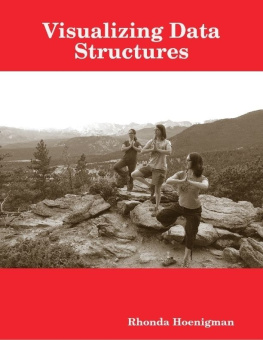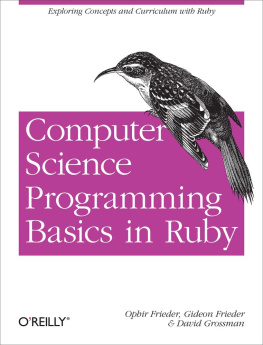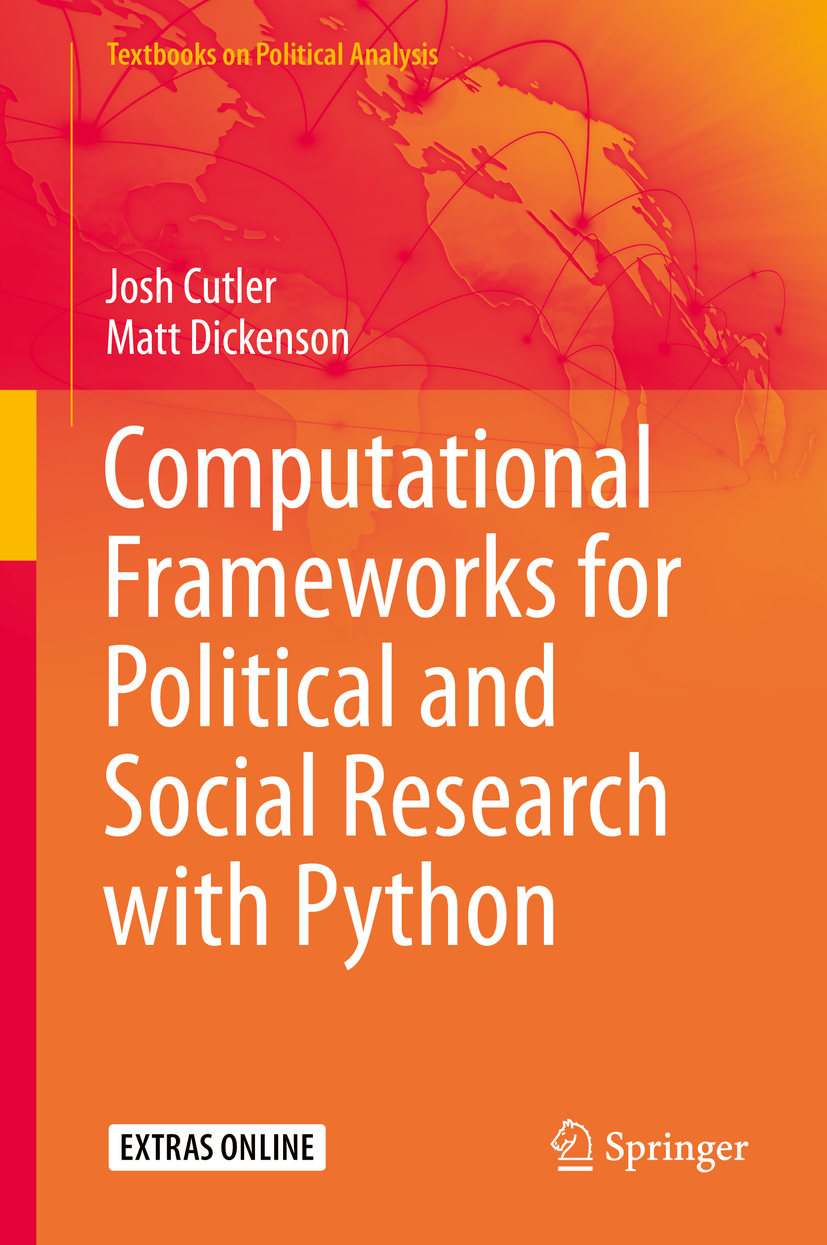Josh Cutler - Computational Frameworks for Political and Social Research with Python
Here you can read online Josh Cutler - Computational Frameworks for Political and Social Research with Python full text of the book (entire story) in english for free. Download pdf and epub, get meaning, cover and reviews about this ebook. year: 2020, publisher: Springer, genre: Computer. Description of the work, (preface) as well as reviews are available. Best literature library LitArk.com created for fans of good reading and offers a wide selection of genres:
Romance novel
Science fiction
Adventure
Detective
Science
History
Home and family
Prose
Art
Politics
Computer
Non-fiction
Religion
Business
Children
Humor
Choose a favorite category and find really read worthwhile books. Enjoy immersion in the world of imagination, feel the emotions of the characters or learn something new for yourself, make an fascinating discovery.
- Book:Computational Frameworks for Political and Social Research with Python
- Author:
- Publisher:Springer
- Genre:
- Year:2020
- Rating:5 / 5
- Favourites:Add to favourites
- Your mark:
Computational Frameworks for Political and Social Research with Python: summary, description and annotation
We offer to read an annotation, description, summary or preface (depends on what the author of the book "Computational Frameworks for Political and Social Research with Python" wrote himself). If you haven't found the necessary information about the book — write in the comments, we will try to find it.
This book is intended to serve as the basis for a first course in Python programming for graduate students in political science and related fields. The book introduces core concepts of software development and computer science such as basic data structures (e.g. arrays, lists, dictionaries, trees, graphs), algorithms (e.g. sorting), and analysis of computational efficiency. It then demonstrates how to apply these concepts to the field of political science by working with structured and unstructured data, querying databases, and interacting with application programming interfaces (APIs). Students will learn how to collect, manipulate, and exploit large volumes of available data and apply them to political and social research questions. They will also learn best practices from the field of software development such as version control and object-oriented programming. Instructors will be supplied with in-class example code, suggested homework assignments (with solutions), and material for practical lab sessions.
Josh Cutler: author's other books
Who wrote Computational Frameworks for Political and Social Research with Python? Find out the surname, the name of the author of the book and a list of all author's works by series.

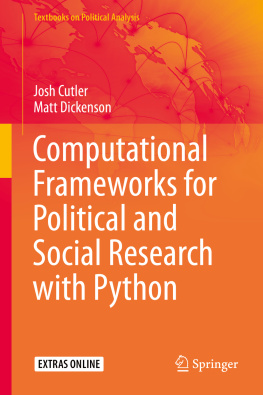
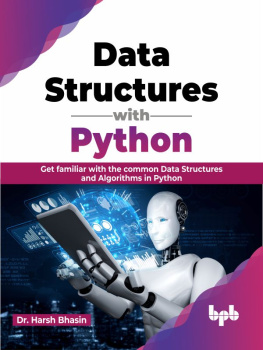

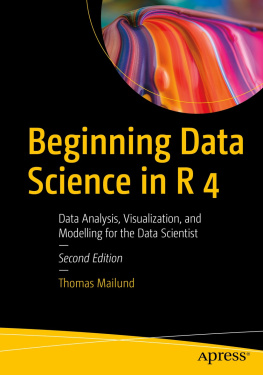
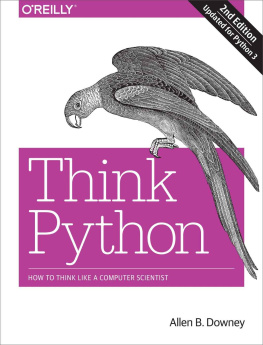
![Thomas Mailund [Thomas Mailund] - Beginning Data Science in R: Data Analysis, Visualization, and Modelling for the Data Scientist](/uploads/posts/book/119629/thumbs/thomas-mailund-thomas-mailund-beginning-data.jpg)
